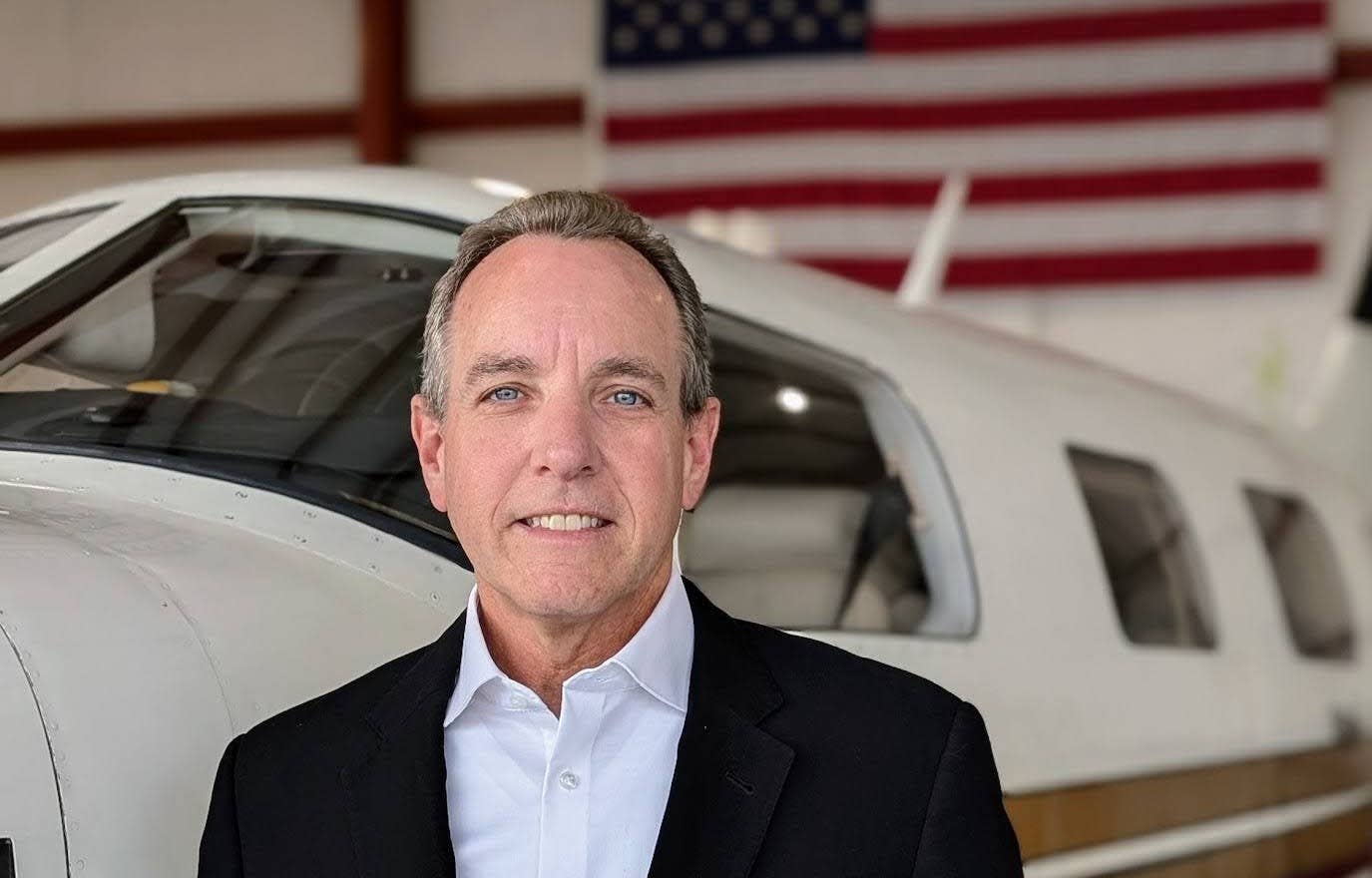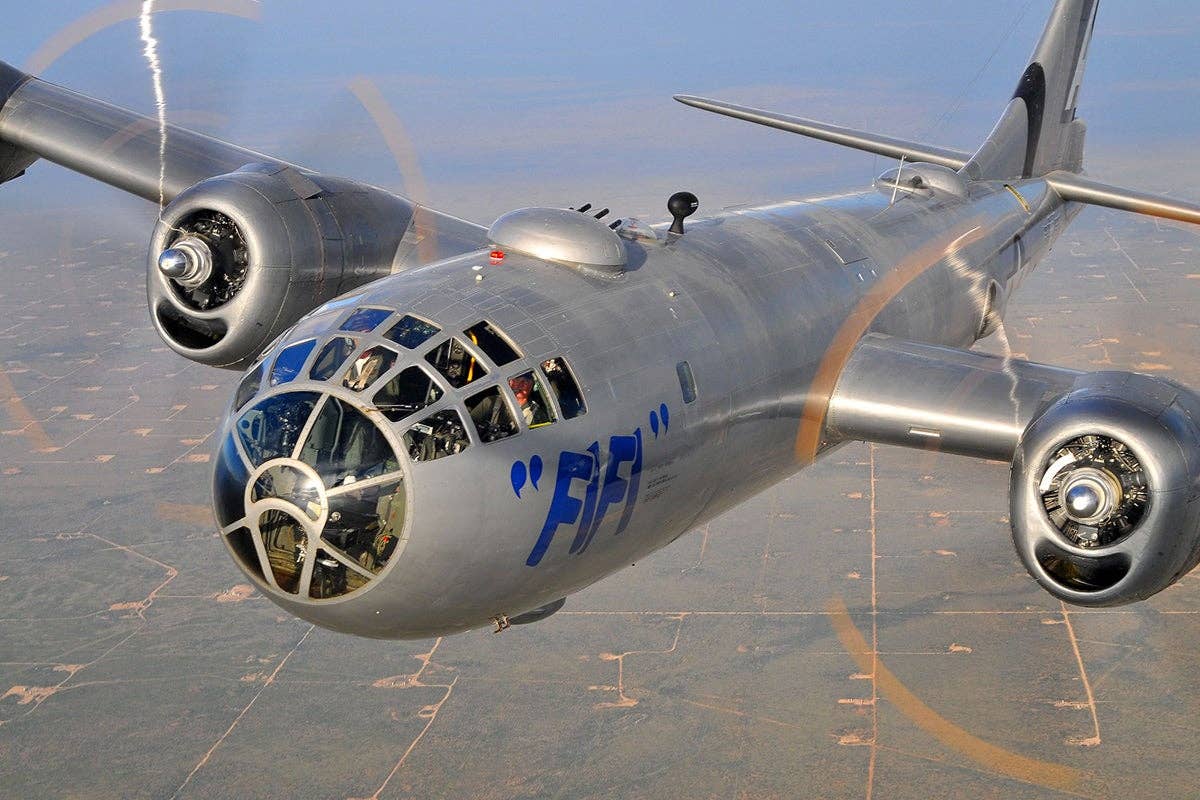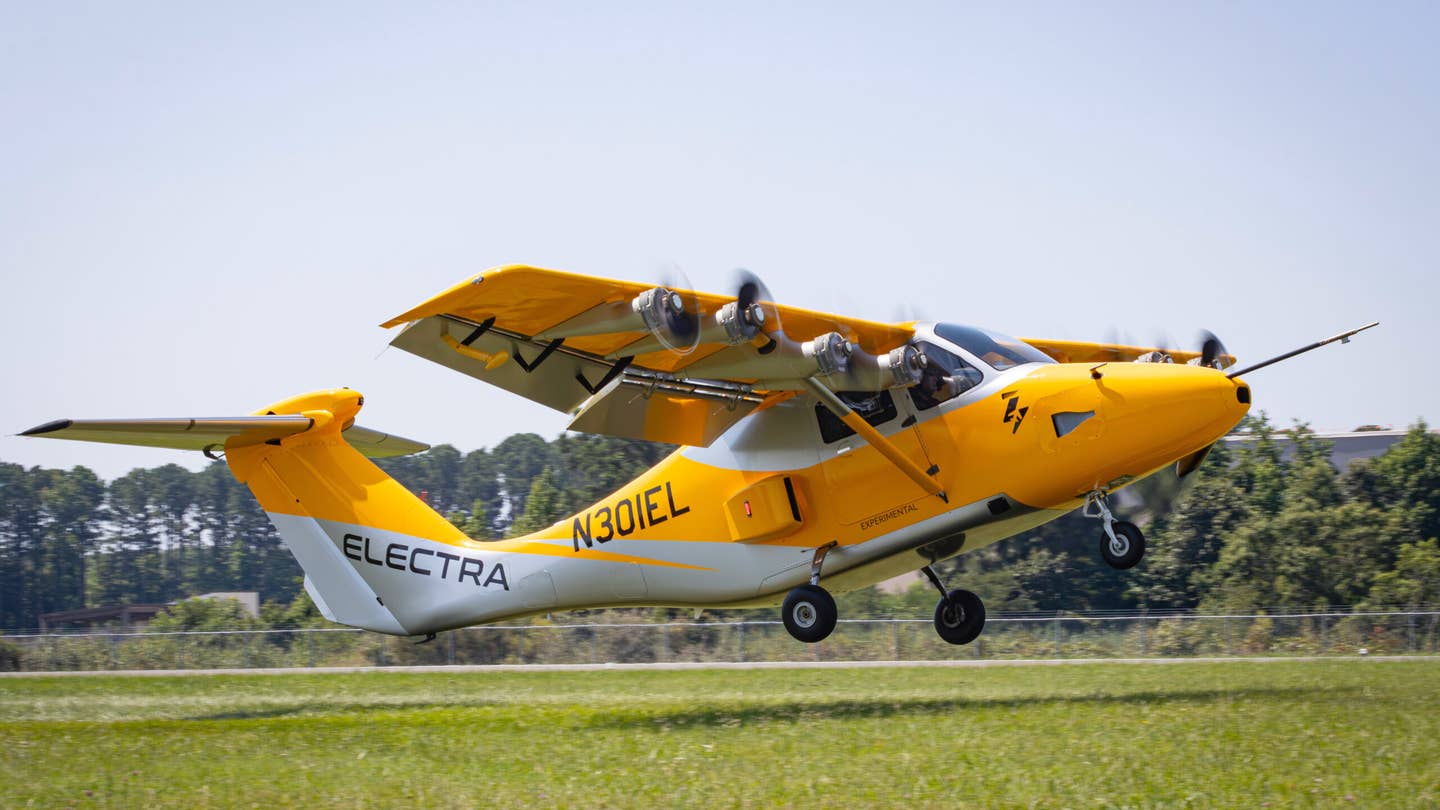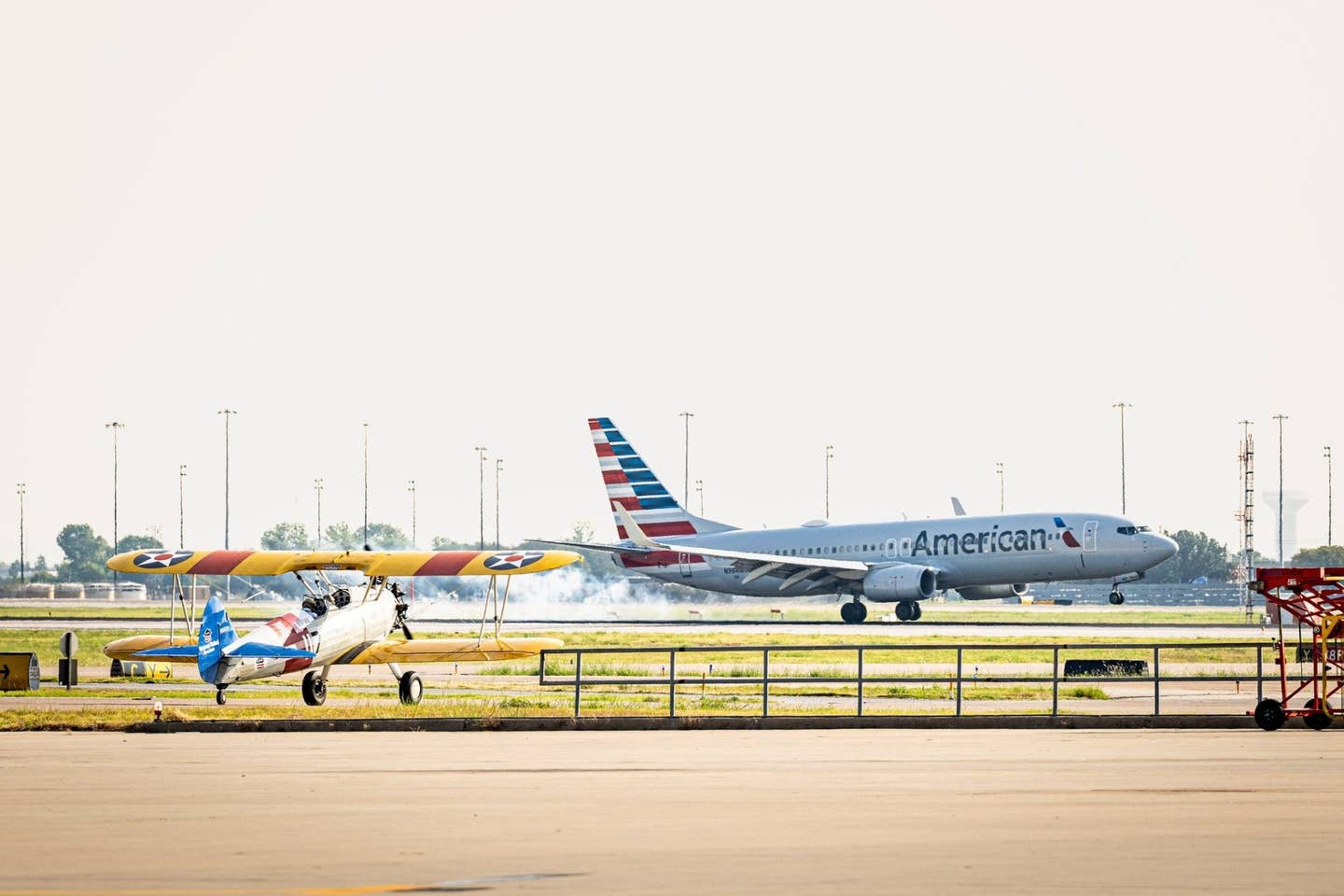Taking Off in Public: The GA Renaissance
FLYING CEO Craig Fuller says general aviation is gaining momentum and new pilots—and that this trend should continue.
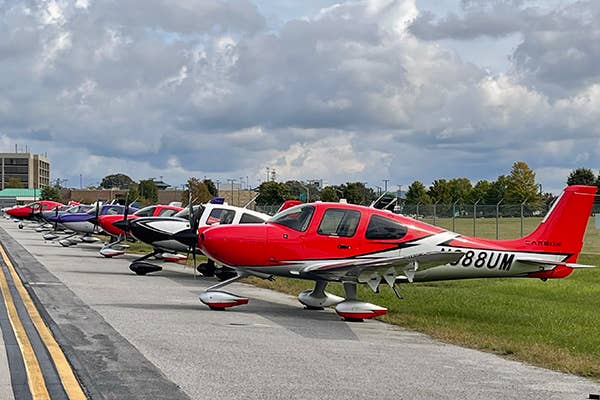
According to the FAA, the number of pilots has increased every year since 2016. Craig Fuller
Over the past few months, I have talked to a number of people that have told me that general aviation is dying and would eventually all but disappear. They blame the FAA, a decline in military pilot training programs, and competing activities (video games).
But the reality is that general aviation is actually experiencing a massive resurgence.
According to the FAA, there were 827,000 pilots in the United States in 1980, the peak year for pilots. There were 692,000 pilots at the end of 2020. While on the surface this suggests a 17 percent decline since the peak, what’s less obvious is the increase in the number of pilots since 2015.
The industry bottomed out in 2016 when just 585,000 pilots were registered with the FAA. Since then, we’ve seen an increase every year, with 2020 having the highest number of pilots since 1990. For every year since 2016, the average jump in pilots has been 4 percent. If the trend continues, the number of pilots could break records by 2025.
This would be a remarkable turn around. What is driving this?
Every pilot, regardless of where their eventual experience takes them—hobbyist, military, airline—begins as a general aviation pilot. Their experience in flying light airplanes often stays with them even when they move into larger aircraft. After all, many airline pilots can attest to how boring flying a large commercial airliner with crew can be compared to piloting a small single-engine GA aircraft. The adventure often lives with them beyond their initial training.
With the airlines facing unprecedented pilot shortages, they are ramping up recruiting and training programs. Pay is also on the upswing. With the potential for career pilots to make salaries that rival those of medical and legal professionals, few jobs offer as much upward mobility. The airline industry will accelerate their advertising spending to attract new recruits to the rank of pilots. This top-of-the-funnel approach will trickle throughout the industry and will introduce people to life as an airline pilot.
With airlines funding the top of the funnel and pulling new recruits into the industry, colleges and university training programs are catching on. Nothing resonates more to colleges and universities than programs that offer career placement with high earnings potential. This is true, especially as colleges fight for capturing student aid dollars and want to tell a story about the adventure of being a pilot. With increasing spending in STEM programs continuing across the country, there will be more funding and interest in aviation and aerospace programs.
The Emerging Flight-tech Industry
Nothing drives more innovation than the emergence of venture capitalists who catch onto an industry that’s about to undergo massive disruption. This will have a huge impact on the aviation industry. Venture capitalists have started to fund projects around the aerospace industry, including projects around electric propulsion, eVTOLs, urban air mobility, and space commercialization themes. This new capital will create opportunities for both students and engineers to become general aviation pilots.
Venture capital investment will also drive innovation, which general aviation will benefit from. New technologies that make aviation more economical, sustainable, safe, and attainable will be tested and created in pilot-flown aircraft first. One such technology is Skyryse’s new self-flight platform, which makes personal aviation incredibly turnkey.
The FAA will also experience pressure to overhaul its processes to respond to industry. This pressure will come from new market entrants, incumbents, investors, and even pressure for national security purposes. After all, the U.S. will not want to lose its standing on the global stage as the leader in aerospace worldwide. This will enable a more innovative and accelerated approach to government regulations.
The wealth effect is also driving interest in general aviation. Successful entrepreneurs, professionals, and investors have discovered the joy of piloting their own aircraft. While most of these new market entrants are low-time pilots that take up the hobby for recreational purposes, they also soon discover that buying a small aircraft is not the end to their quest for even greater power and functionalities. With glass cockpits making piloting safer, more intuitive, and attractive for new entrants, the manufacturers are experiencing unprecedented growth in personal aviation.
The ability to work remotely, from anywhere, and health-conscious flying as a result of the pandemic has accelerated interest in personal aviation. Nothing offers more freedom from the airline chaos than personal aviation. The trend of people moving away from major urban centers—with the resulting increased distance from major airline hubs—will only increase the desire for the flexibility that general aviation can offer.
Social media and an aviation media renaissance will add to the interest among people to take their discovery flights and explore becoming a pilot. While it’s hard to measure how many people become pilots because of the photography, video, and stories that cover the general aviation industry, there is a lot of anecdotal evidence that these platforms are major influencers in driving people to consider personal aviation.
I know from my own experience. I get regular messages from my supply-chain and venture capital connections on social media who have become introduced to personal aviation since I started posting content from FLYING that they have taken up the hobby. With the investments we are making at FLYING in new content, editorial coverage, video, photography, and podcasts, I only expect this momentum to continue. By looking at the engagement data on our social media accounts, I know that there is a fanatical audience that loves everything about aviation. I also know that we are not alone. There are thousands of highly engaged social media accounts that serve up regular content to prospective avgeeks out there.
Connect with me on Twitter @freightalley.

Subscribe to Our Newsletter
Get the latest FLYING stories delivered directly to your inbox


